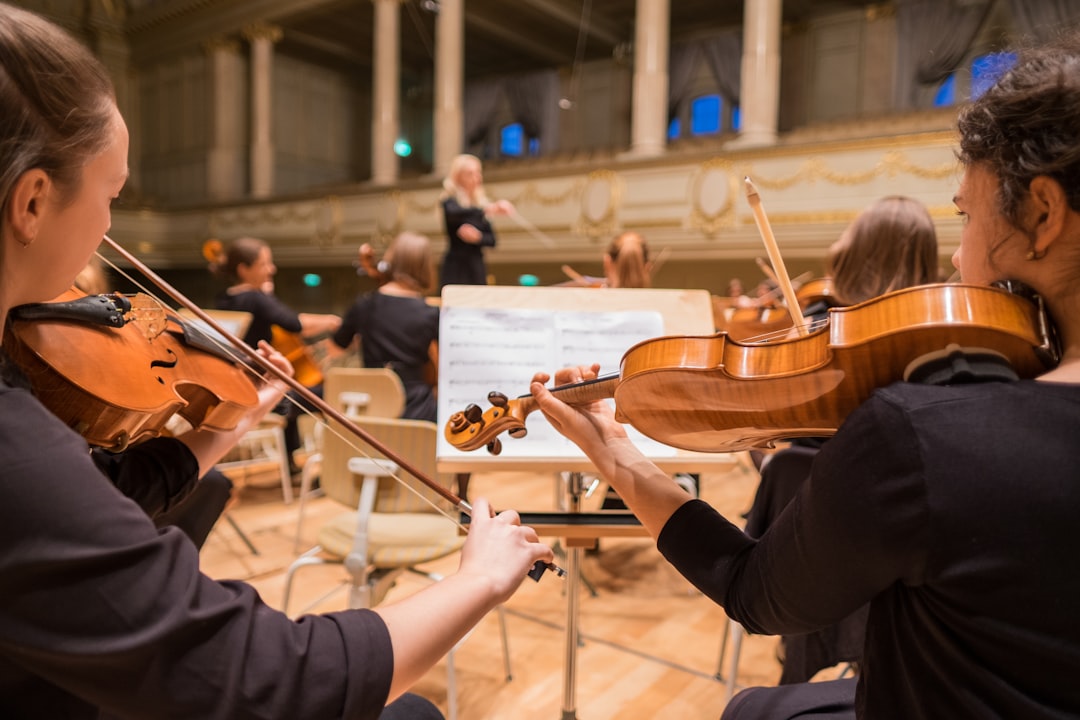What is it about?
The transition to adulthood is a difficult time for many autistic young people and their families. We summarize existing research to understand how young people, their parents and professionals working with them think and feel about the transition. We look at all of the influences of this, from individual differences in autistic young people, how parents and other sources of support can help young people tp how cultural values, stigma and political resourcing decisions affect the process.
Featured Image

Photo by Ashkan Forouzani on Unsplash
Why is it important?
We give a holistic and thorough understanding of how the transition is experienced, positioning it within wider society and systems to fully understand the influences. This shows the need for greater support for this group of young people and highlights some potential difficulties they and their families may experience.
Perspectives
I wanted this article to step outside some of the common narratives around schools failing to provide support, to consider how wider society and culture affect the process of transition. I was happy that I was able to combine the views of all stakeholders as a key part of transition is working together. There was a lot of similarity in how stakeholders experience the transition. This paper has allowed me to highlight an important area for further research which I have been able to further explore.
Rebecca Crompton
University of Manchester
Read the Original
This page is a summary of: The experience of transitioning to adulthood for young people on the autistic spectrum in the
UK
: a framework synthesis of current evidence using an Ecosystemic model, Journal of Research in Special Educational Needs, September 2022, Wiley,
DOI: 10.1111/1471-3802.12569.
You can read the full text:
Resources
Contributors
The following have contributed to this page










